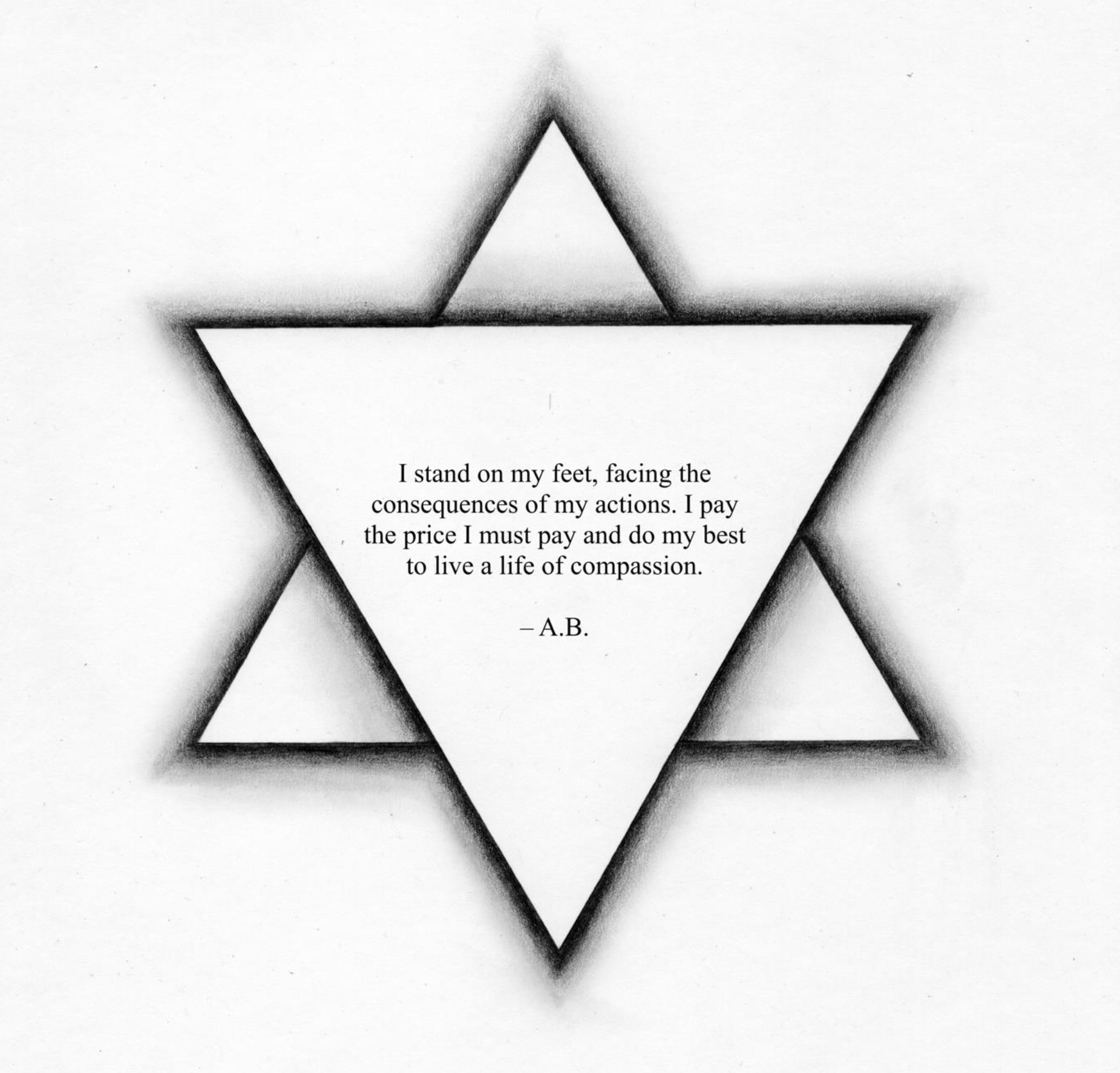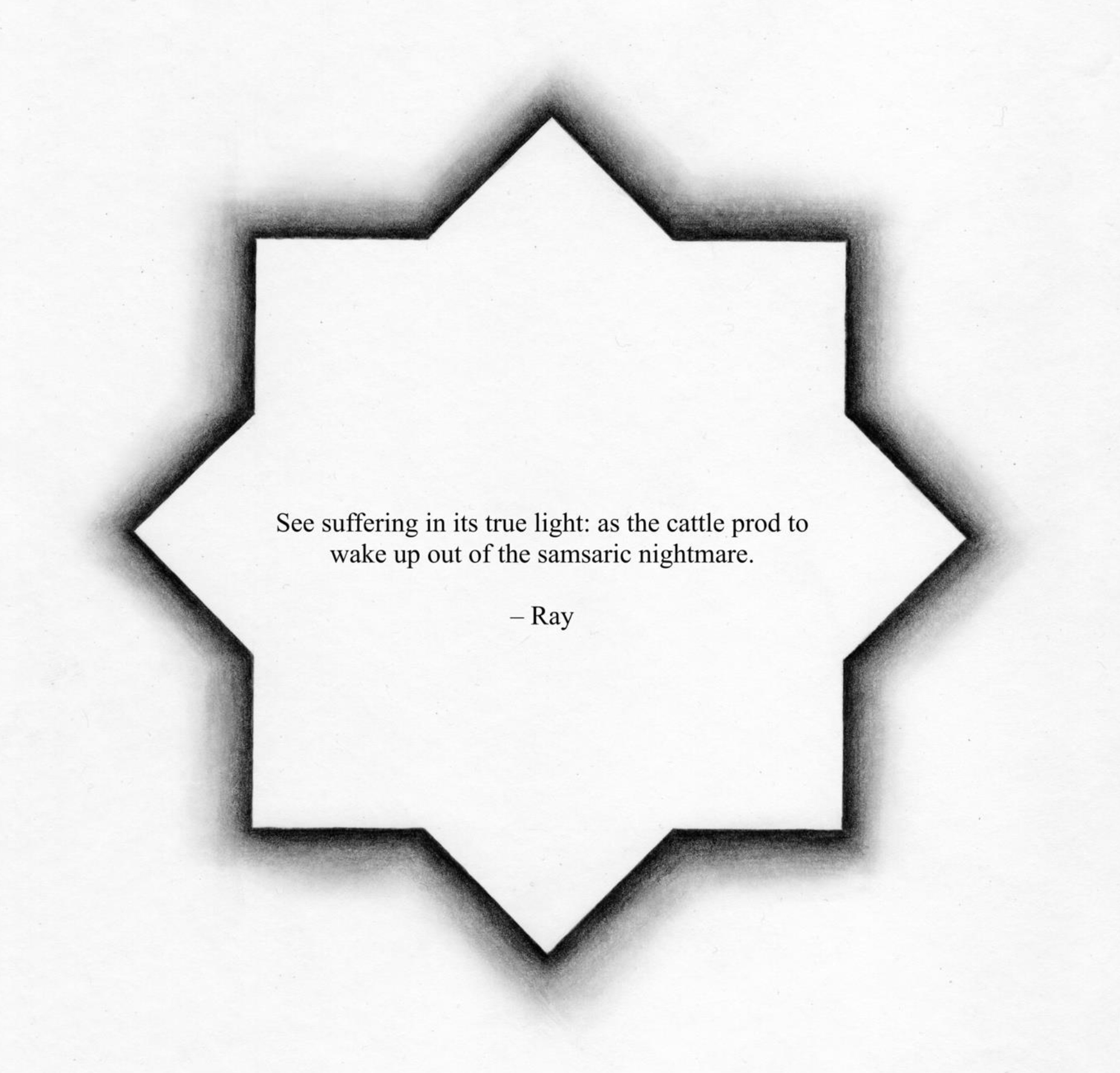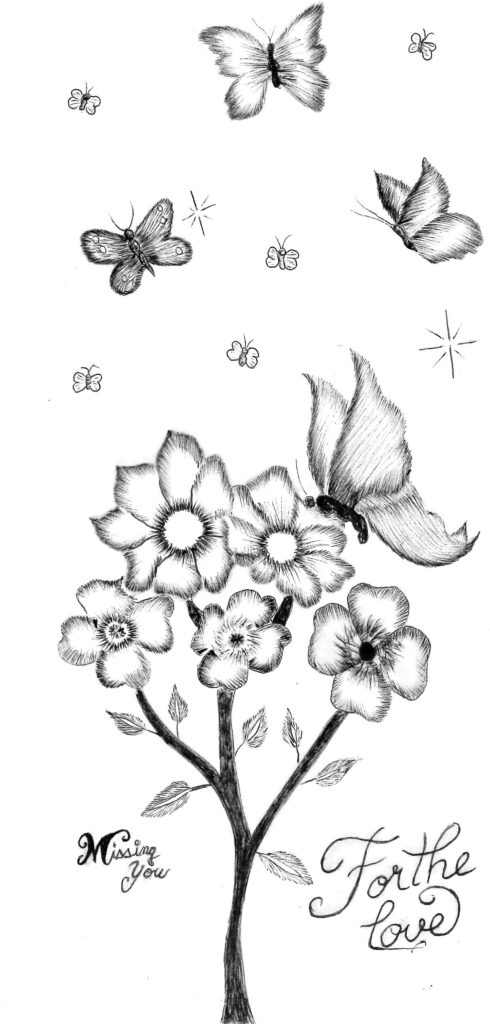One of our Naropa University interns, Joseph Emery, has compiled a book of quotations from our Buddhist courses of inmates commenting on prison life, Buddhist practice in prison, and principles of dharma. Here are a few excerpts, which demonstrate the thoughtfulness and insight inmates bring to their dharma studies.
The Prison Environment
People in prison are people, and life in prison is life. Our life is different from yours, but so is life in a Bantu village or a camp of Chukchi reindeer herders. Yet you see them as people, don’t you? You believe they have their joys and their sorrows, their hopes and their fears, their workers, warriors, poets, and merchants. So do we. You tend to cling to the seemingly solid concept of “prisoner,” someone forever defined by the events of one day or one hour, a crime committed five, ten, twenty, forty years ago. You don’t see us as fully human because good people do not cage humans, and you are good people, right? And yet … like you, we come in all shapes and sizes: ugly and kind, insecure and talented, confused and free. Yes, free: I know quite a few people outside who live in tiny self-imposed boxes, and some in prison who have found the peace and joy of inner freedom. So, open your eyes sometime and see who we are – a community of people. – A. B.
Unknown to many on the outside of these fences, most of these guys are not dangerous, and the majority have long ongoing drug abuse problems. All of us have emotional and mental problems, but the issue is that only one percent actually get their needs addressed. – Kurt Abron
Accepting Suffering
It’s often very difficult to evaluate ourselves, to stand before the mirror and acknowledge that we’ve contributed to or caused our own suffering. All of us have blamed others or blamed external factors in dealing with this suffering, myself included. – G.G.
I no longer blamed God–or anyone else for that matter–and understood for the first time that wanting things to be different than how they are was the reason behind my suffering. – Prince Stewart
Meditation
During my first few weeks here, I found it almost impossible to meditate at all. The noise of the dorm seemed continuous and almost deafening – arguing, laughing, dice games until 3:00 AM, even normal conversation seemed to echo through the dorm. And the times when it was supposed to be quiet – count times, lights out – there always seemed to be people all around me … And then one day I realized that the noises I found to be pleasant were no less distracting than the noises I found to be irritating – the only difference was the label I was putting on them. – Anonymous
In the moment of each thought, they seem so meaningful and real, but in just a few seconds they seemed to dissipate like vapor into the air. – Zach

Developing Discipline
The acceptance of aloneness is truly heroic: realizing you are both the problem and the answer. – Anonymous
I have learned that moment-by-moment I can choose to be that different person I want to be. I can choose kindness, calmness, and an attitude of wanting to help. It took me years to realize that it is really just that simple. We don’t need to give ourselves new names or try to change our clothing into some kind of costume. We can relax, be ourselves, and try to remember to practice being the qualities that we desire to have. And we do this not for a lifetime, but for a moment at a time. – Papa Joe
This is a long sentence I’m doing now (37 years). At first, I was mad and had a lot of hatred – all I would do is think of ways to cause harm and pain to all those who betrayed and lied to me. But I’ve realized that I did everything to myself and now I’m happy and I have a spiritual path that I’m most grateful for. I had to be here to begin to be free. – Carlos Lara
I have tried to forget many painful things, but I found that I do best when I face pain head on rather than try to wish it away. In doing so, I’m able to let go of much of my suffering. – Stive Thupten
Life-long habits and prison culture demanded that I respond to insult with anger and violence. The response was so conditioned as to become automatic. It took me a long time to realize that disrespect usually is a symptom of the speaker’s inner pain and suffering. A part of my realization was that any anger that may arise in response to an insult passes fairly quickly, but if I escalate the situation and respond – either verbally or physically – anger, hatred, and other negative emotions become stronger and last longer, as do the practical negative consequences of my words and actions. – A.B.
Insight
If we lived our lives with the awareness that we might not see our loved ones tomorrow, perhaps we’d be less quick to criticize, condemn, and ignore our loved ones; we wouldn’t take them for granted.
– Denzial Tittle
Death shines a light on these very important things. It opens our heart in many ways. – G.G.
We (the incarcerated) are constantly and consistently being told and shown that we are no good, horrible, worthless people and always will be. This is drilled into us on so many levels by society and prison that most inmates believe it, including myself. However, the Buddha teaches that it is because of impermanence that people can change and grow physically, mentally, and spiritually. Through the concept of impermanence, I learned I could take control of my actions, words, and thoughts because they are not me, and I am not permanently stuck in “bad guy mode.” Because things are impermanent, I’m able to change for the better and cultivate wholesome things and when I screw up (which I still do, a lot), it is because of impermanence that I can cultivate a healthy sense of regret and determination to try, try again. – Shane Sugata Blake
I have woven intricate quilts of identity in the past, ranging from self-righteous indignation to unjust and undeserved mistreatment by others. Now, when I see myself weaving these tapestries, I cut the thread of my selfishly protective narrative. – Rob
Compassion
Practicing compassion and generosity showed me that I wasn’t the worthless person I believed myself to be.
– William Williamson
I’ve often felt uncomfortable in being with people who are sad or despondent, who are suffering in some way. I forget that being with them – as opposed to trying to fix the problem they’re having – is actually a very beneficial action on their behalf. Just be with them and love them and listen to their words or weeping.
– Denzial Tittle
Prisons are more conducive places to develop bodichitta than anywhere else. In here, we are forced to be around all types of people at all times. “Out there” a person can get away from people if they don’t want to be around them. If we can develop bodichitta here, it will be true and lasting bodichitta.
– Kevin Tanner

Buddha Nature
In prison I’ve seen some of the most hardened, cold, seemingly emotionless and hateful people shed tears over a friend going home or getting killed. I’ve seen them smile brilliantly with joy to become reacquainted with an old friend or seeing their children at visitation. It’s in there, we’re just often too self-absorbed to take notice of it. – Edward Dean Mullins
When an inmate in my dorm got a letter from home that said his brother died, that inmate totally broke down. Next thing I know, I saw another inmate not saying anything, but holding the grief-stricken man. What made it so amazing was the grieving inmate was a black gang member and the inmate comforting him was a white supremacist. They shed their false identities and became real. – Ryan T. Meyer
Realization
There are a number of places where meditation and Buddhist practice have significantly impacted my life in prison. The grossest example is after participating in a violent assault, I spent 11 months in the hole, 7 by myself. During that time, I studied Tibetan Buddhism and meditated several times a day. As a result, I have not since comitted any acts of physical violence towards others. This was 8 years ago. – Alex V
After 12 years in prison, I’ve become very mentally strong. I tell friends and family about this, and they think I’m talking about how I simply survived it, how I haven’t gone crazy, gotten stabbed, or attacked. But that’s not the reason; it’s because I sit. – G.G.
Today, I think before I react. I’ve been meditating for years in prison. I’m happy and at peace with me! Because of my change, my five kids, wife, eighteen grandkids, and four great grand kids care about me, where they would hate and fear the old me. – Alan Jay Cotton

Prisoner Art by Emmanuel Perez